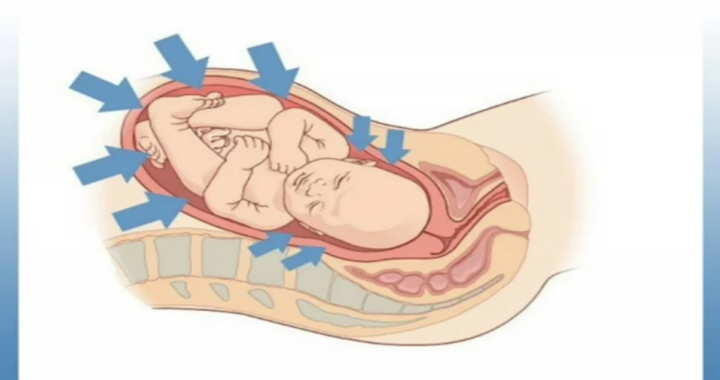Exploring Different Forms of Medical Marijuana Treatment in West Virginia

In the last several years, views regarding the use of marijuana have been greatly shifting from a recreational purpose to its medical use. West Virginia has now legalized the medical use of marijuana, and healthcare professionals are also assessing the different ways of using medical marijuana in the state. Here, we will find about different forms of medical marijuana treatments available in the state of West Virginia.
Different forms of Medical Marijuana
Coming to the use of medical marijuana in West Virginia, different kinds of treatments are available to meet specific requirements of patients. The most famous option is dried flowers, which can be vaporized or smoked. Patients who want to acquire immediate relief from pain like headaches and nausea usually go for this method.
The possible risks associated with smoking cigarettes have led to the formation of alternative products like oils, tinctures, and edibles. Cannabinoids are significantly present in the medical marijuana oil obtained from cannabis. Patients can take the oil directly or can add it to their drinks or food items. This is the safest and easiest method of taking medication, which allows users to choose the dose per their requirements more effectively.
Tinctures are another option that consists of a liquid version of medical marijuana, which is put under the tongue for fast absorption into the bloodstream. The sublingual method is also one of the effective ways to get immediate relief from pain; it also allows control over dosage intake. Moreover, food items such as chocolates, gummies, and baked goods are an easy and fun method to consume medical marijuana without breathing, inhalation, or the use of specialized equipment. This website has more info.
Targeting Conditions: Personalized Treatment Approaches
Among several other positive aspects regarding the use of medical marijuana is that individualized strategies could be made. Patients can use medical marijuana in several different ways depending on their health conditions and requirements.
For instance, use of oil or tincture is more effective for patients who suffer from chronic pain. Likewise, those who want to have relief from acute pain might prefer the vaporized form of cannabis for its quick effect. People suffering from health conditions involving upset digestive systems can benefit from having edibles containing medical marijuana. The gradual time to effect can ease symptoms for a long time. On the other hand, those with medical ailments that require precise dosage, for example, anxiety disorders or epilepsy, might find sublingual tinctures to be better suited.
Beyond Smoking: Redefining Patient Experience
The different kinds of options available for the use of medical marijuana have not only improved the number of available options for patients but have also contributed to their better experience.
There is no longer a time when medical marijuana was associated with smoking. Patients are now able to select a method that corresponds to their personal preferences and lifestyle as well as medical needs. If you are concerned about smoking cigarettes or have doubts about the stigmas that surround smoking cigarettes, alternative methods provide an acceptable and private method to seek help. It is quite important in the medical field, where smoking cigarettes isn’t always seen as acceptable.
Cooperation Between Patients and Healthcare Professionals
Further research is going on to make better use of medical marijuana; cooperation between healthcare experts and patients is highly required to assess the use of different kinds of medical marijuana. The role played by doctors is essential in guiding patients toward the best treatment, keeping to the patient’s medical history, health status, and personal preferences.
Conclusion
Since medical marijuana has been legalized and recognized in the West Virginia state, several ways have been identified to provide appropriate treatments for the relevant patients. Individual needs are now keenly considered while prescribing the medical use of marijuana to meet the individualized needs of the patients. Medical marijuana use is now not limited to cigarettes; it can be taken in several different forms depending on the patient’s needs and preferences. Doctors are required to play their role of assessing the relevant diseases and prescribing the best-suited treatment for each patient relevant to their condition.


 Hiking for Mental Health: The Healing Power of Trails
Hiking for Mental Health: The Healing Power of Trails  Diet vs. Lifestyle Change: Knowing the Difference
Diet vs. Lifestyle Change: Knowing the Difference  Sleep Like a Pro: 10 Tips Backed by Science for a Restful Night
Sleep Like a Pro: 10 Tips Backed by Science for a Restful Night  How 7Stax 7-OHMZ Tablets Support Mental Health: 7 Key Benefits
How 7Stax 7-OHMZ Tablets Support Mental Health: 7 Key Benefits  The Complications That Could Arise From Using Cytotec to Induce Labor
The Complications That Could Arise From Using Cytotec to Induce Labor  The Impact of Workplace Stress on Anxiety and Depression
The Impact of Workplace Stress on Anxiety and Depression